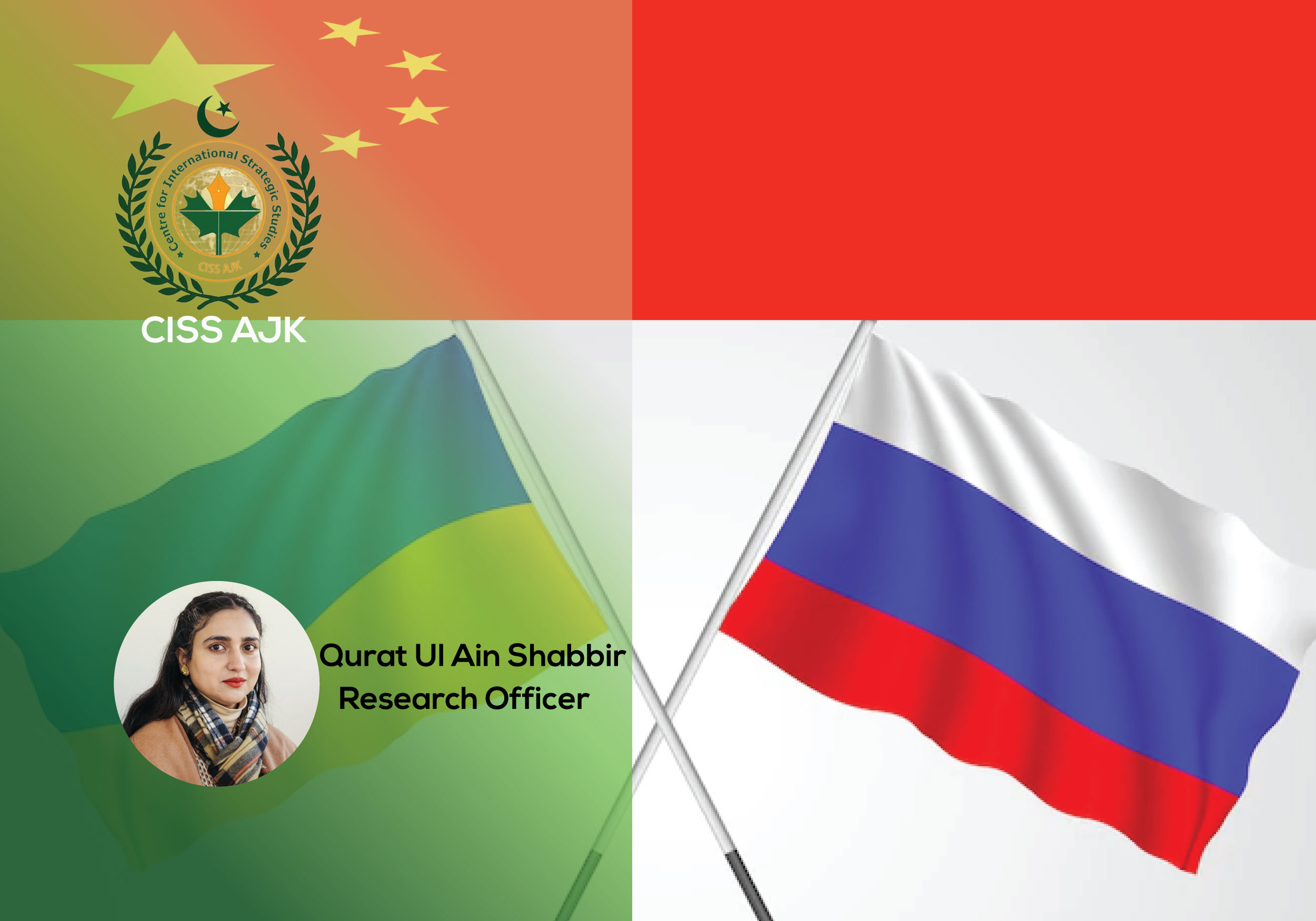The relative sustainability of the alignment between Russia and China is probably the billion-dollar question in this trajectory of foreign relations. The main characteristic of 21st century is that states are preferring alignments over alliances due to the prevailing trend in the international system of unconventional arrangements between states. One of the reasons for preferring alignment over alliance is that international system has become increasing fluid over the years. This fluidity has compelled states to avoid giving any kind of security assurance against any state; they don’t have any direct conflict with.
This was not the case during cold war where hardcore security blocs were created. The concept of alignment suits the foreign policy thinking of China and Russia very well. Both these nations have deliberately avoided creating any form of international security bloc or alliance as they consider them obsolete and an outdated concept which could foster international divisions and can’t do much for their foreign policy goals.
Post Cold war Relationship between Russia and West has always remained complicated. They have always viewed each other with suspicion and a degree of friction always remained. Russia’s war on Ukraine has deteriorated the relationship with west so drastically that the role of NATO in security of Europe has become centre of attention. This formal alliance of European countries and USA has always irked Russians. They consider it threat to their national interests. West seems to be united on their common goal of containing Russia at this moment in history. This is almost like Cold war Déjà vu. There are certain commonalities between Russia and China’s national interests which can ensure long term sustainability in their current alignment.
Unlike USSR, the contemporary Russia is too economically and strategically fragile to show super power arrogance to China. Its support has become crucial for Russia’s national security interests. China has expressed its neutrality but China’s economic and military support to Russia is telling a different story. Certain voices within China are calling for Sino-Russian terms of engagement to be re-examined but a major overhaul in China’s policies towards Russia is unlikely.
Firstly, China and Russia differ from the west both in terms of form of governance and models of development. Ideas of democratization and liberalism are not universal for both these countries. They don’t consider them ideal the way western countries do. They view them as a tool in the hands of western countries to undermine their national sovereignty. China and Russia both have a similar perception of the concept of sovereignty. This is one of the many common points between two countries which can assure long term relations.
Allen Carlson in his book “Unifying China Integrating with the world- Securing Chinese Sovereignty in the Reform Era” views sovereignty at the core of the contemporary China’s overall relationship with rest of the world. The biggest foreign policy goal of China seems to be pushing US back from Asia. For this purpose, China perceives Russia to be a suitable partner who is more comfortable in confronting US. The dominant thinking within China seems to be that abandoning Russia at this crucial moment will encourage USA to further push its counter China policies in the Asian region. Russia’s indulgence in Europe will distract west from China’s policy pursuit.
The contemporary China seems to be dominating the Russian foreign policy which is quite remarkable given that it has happened for the first time in modern history. During cold war, the power relation between Soviet Union and China was tilted towards USSR due to its superpower status. But now the power dynamics have changed completely as China is more economically viable than Russia. This was clearly seen during 2014 negotiations over Gas deal.
Second dimension of Sino-Russian relationship is that China wants to end US hegemony in terms of economy. Beijing is very reluctant to accept the dominant role of US dollar in international economic affairs. In order to further the task of internationalizing Renminbi, China needs Russia’s help. Amid China’s determined attempts to de-dollarize economy, Yuan-rouble has become most traded foreign currency on Russian foreign exchange. Russia has been compelled to complete transactions in Yuan due to financial sanctions by west. The total volume of trading in Yuan-rouble has reached 70.3 billion roubles (US$1.17 billion).
Another common factor in the bilateral relations between these two countries is that both share complex and sometimes troubled relations with their neighbouring countries and within their geographical region. There are valuable lessons for China to learn from Russia-Ukraine war regarding Taiwan issue. Any military adventure in Taiwan would draw US and its allies into conflict in East Asia. China understands that Russia is merely an irritant for USA in global affairs. It is China that actually can threaten USA status as super power.
It’s highly unlikely that China would change its perception regarding Sino-Russian relationship given the substantial and sustainable benefits China can yield from this relationship. China perceives Russia to be the only country that can provide it with arm sales and defense cooperation. Cooperation in defense sector has provided China with an opportunity to uproot US from the region. Some Chinese scholars have even gone as far as claiming Sino-Russian relation to be a model for “a new type of major power relationship”.
Russia’s perception of China as a strategically important and irreplaceable partner became stronger during Ukraine crisis. This crisis has further moved Russia away from the west. It has become increasingly clear that Russia seeks stability of ruling regime and China is the only country which can provide it with resources for this purpose. The only reliable partner for Russia seems to be China given the current regional situation. This reliability can guarantee sustainability and durability between Sino-Russian relationships.
Qurat-Ul-Ain Shabbir is a research officer at the center for International Strategic Studies (CISS) AJK. Currently she is pursuing her PhD degree in DSS from Quaid-i-Azam University (QAU), Islamabad. Her areas of interest include contemporary security and security and conflict analysis.

